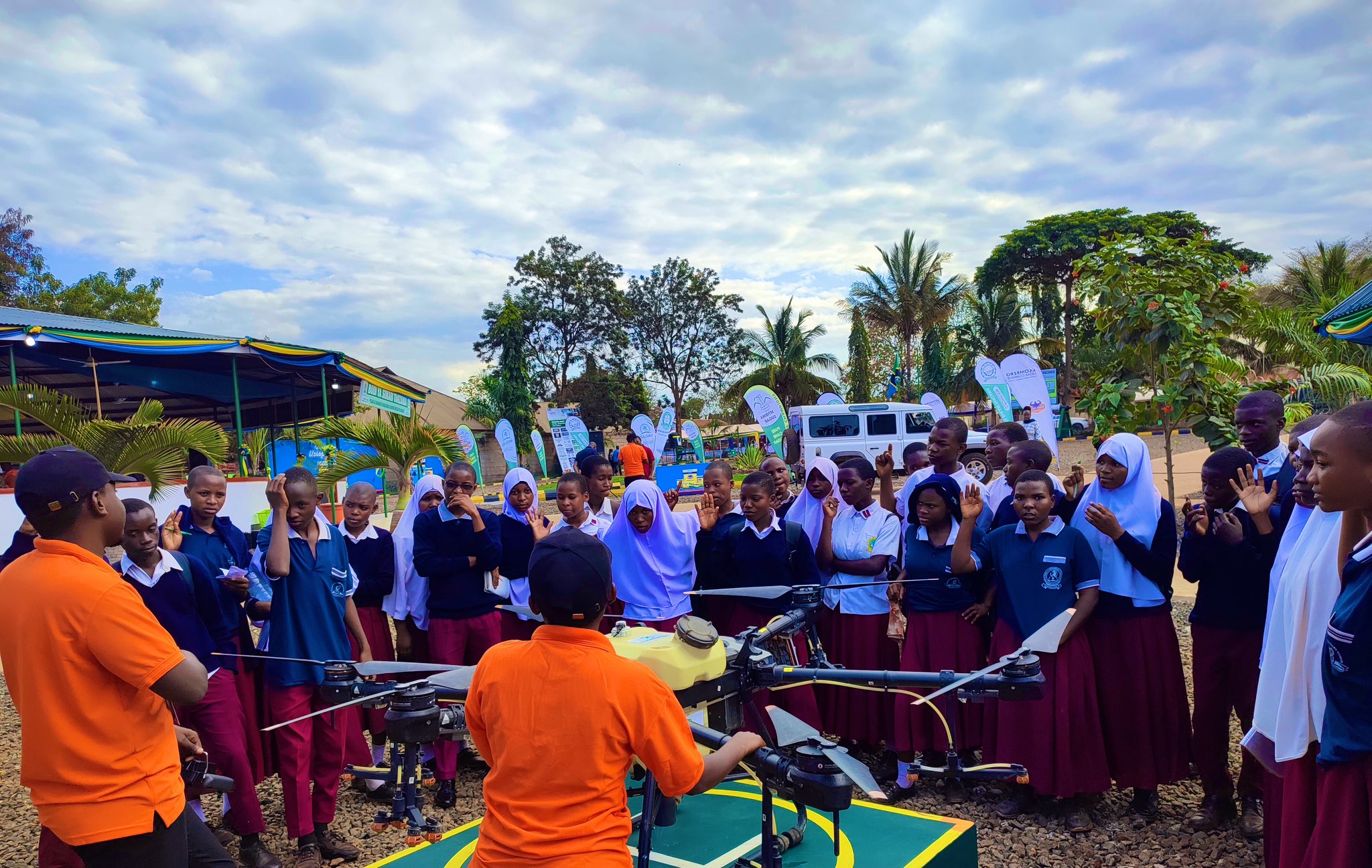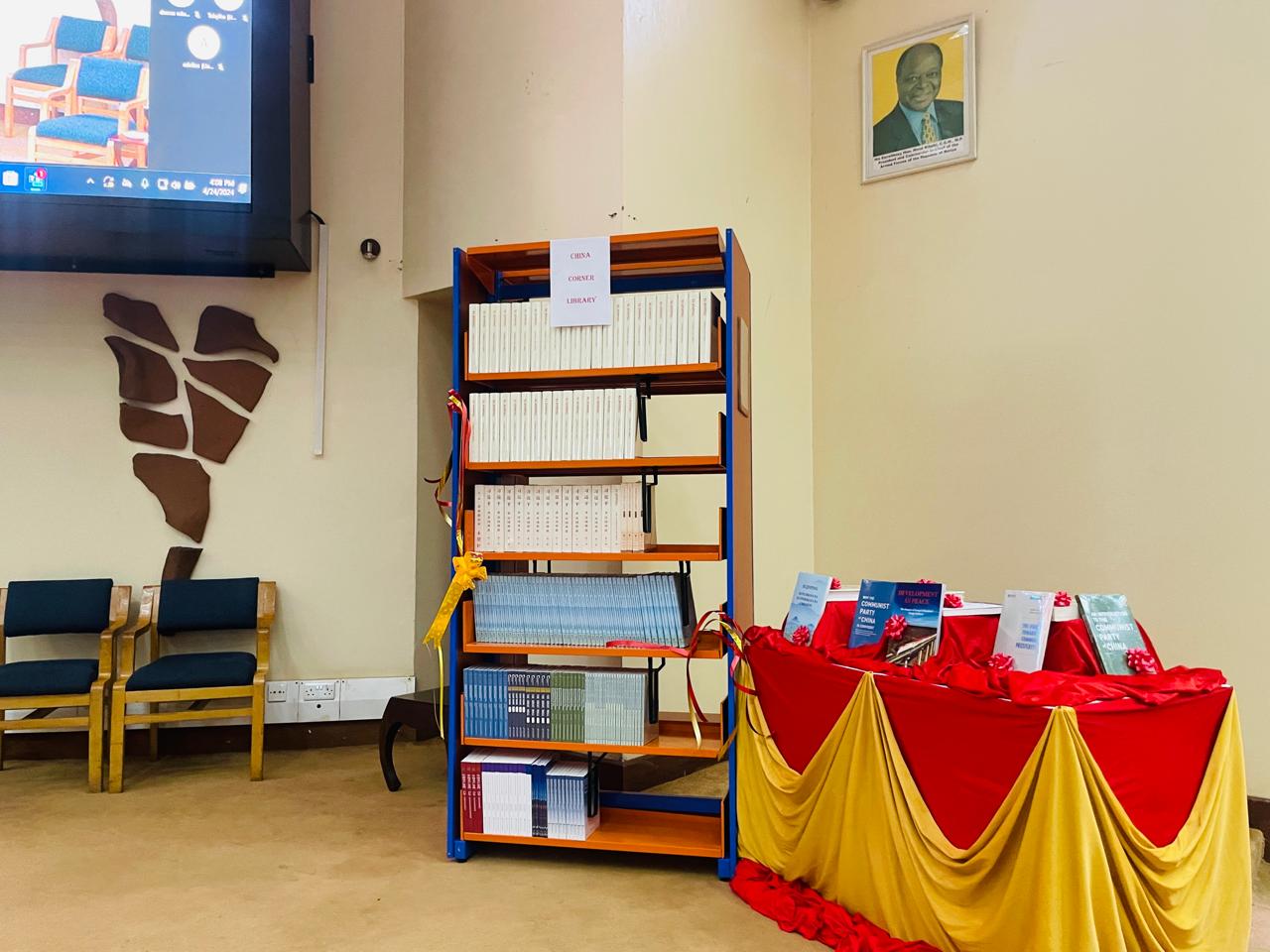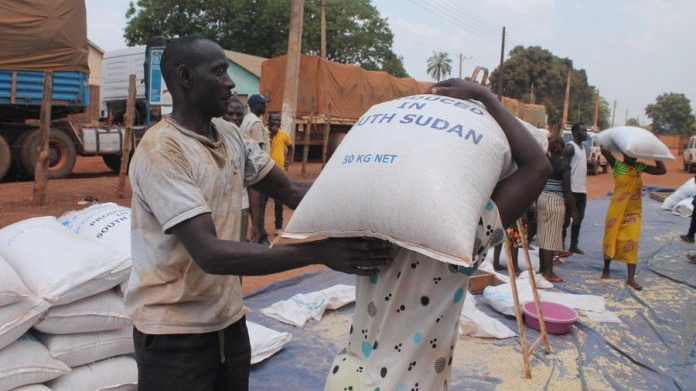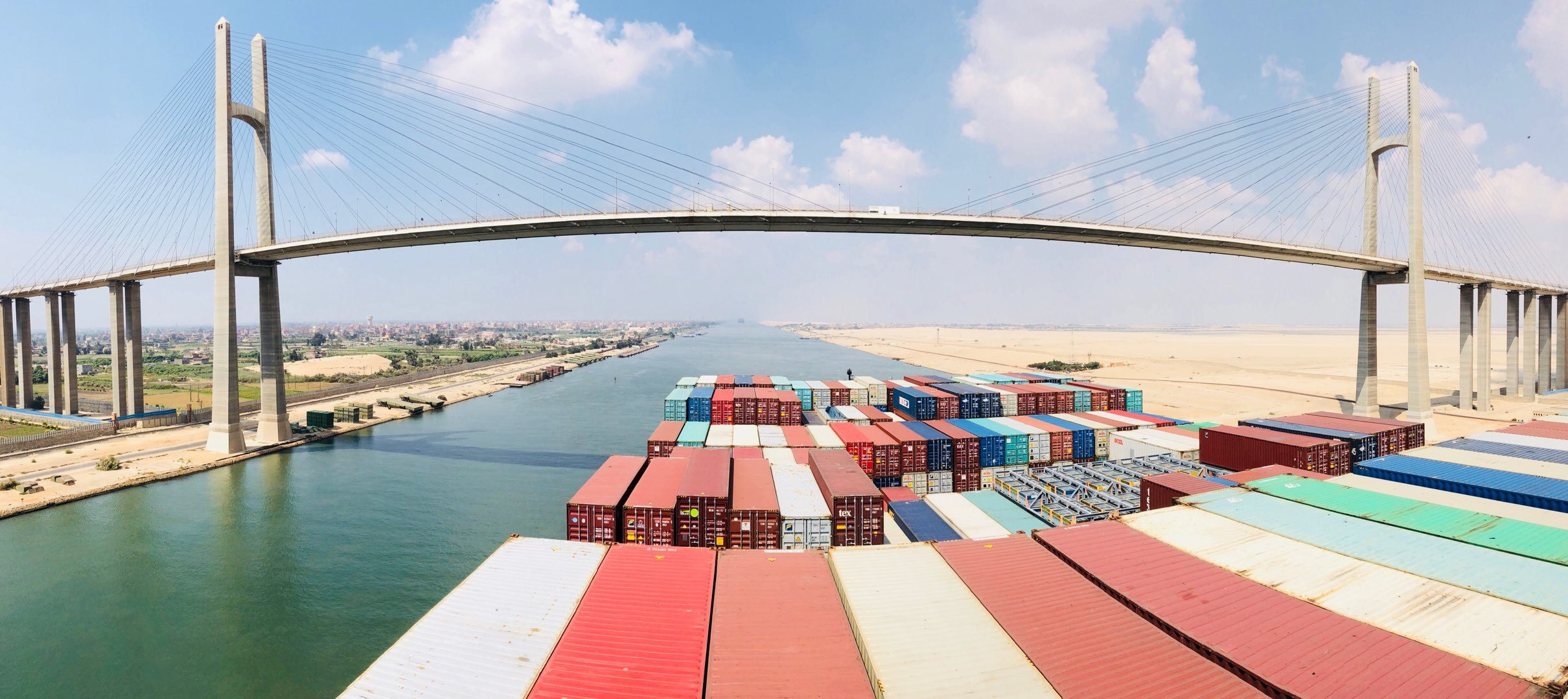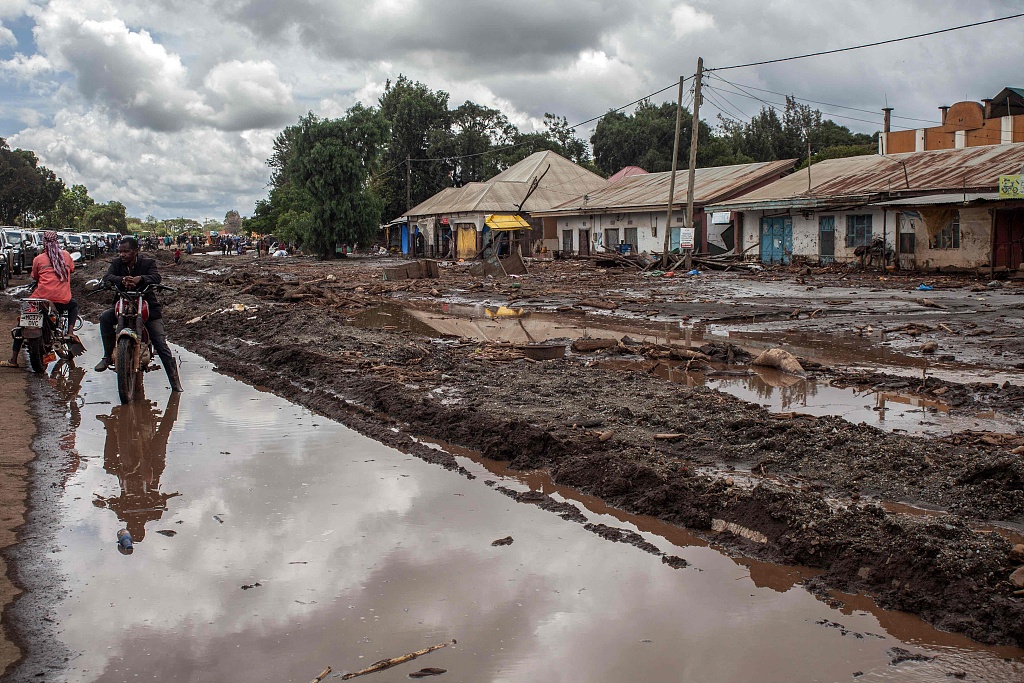WHO launches ‘We are ready to beat malaria’ campaign

In commemoration of World Malaria Day 2018, the World Health Organization (WHO) and its partners are calling on all concerned parties to be ready to end the scourge of malaria.
This call comes against the backdrop of a global rise in malaria cases for the first time in ten years. The theme of this year’s effort is “We’re Ready to Beat Malaria- Are you?”
According to the latest, ‘’World Malaria Report’’ released in November 2017, 216 million cases of malaria globally were reported in 2016. That’s up from 211 million cases in 2015. The estimated number of malaria deaths stood at 445,000 in 2016.
WHO stats also reveal that in areas with high transmission of malaria, children under 5 are particularly susceptible to infection, illness and death. More than two thirds (70%) of all malaria deaths occur in this age group.
Despite the reduction of under 5 malaria deaths from 440,000 in 2010 to 285,000 in 2016, malaria still remains a major killer of children under 5.
Half the world is still at risk from malaria with some countries registering an increase of over 20 percent in malaria cases between 2015 and 2016. Currently, Nigeria has the highest amount, accounting for 27 percent of global malaria cases.
In the Eastern Mediterranean Region, the number of malaria cases increased from 3.9 million in 2015 to 4.3 million in 2016 with 8200 deaths. Ninety-five percent (95%) of confirmed malaria cases are reported from 4 countries in the region and 6 countries are at high risk of malaria but are at the stage of burden reduction. However, two countries in the region, Iran and Saudi Arabia, are both close to eliminating malaria infections in their countries.
But without urgent action, the WHO says most of the major gains in the fight against malaria will be for not.
Together with diagnosis and treatment, WHO recommends a package of proven prevention approaches, including insecticide treated nets, spraying indoor walls with insecticides, and preventive medicines for the most vulnerable groups: pregnant women and children under 5 years old.
The WHO also continues to call for greater investment from national resources and also donors from the infected areas as well as expanded coverage of proven tools to prevent, diagnose and treat malaria.
It’s expected to cost $1.4 billion USD over the next three years to fight the disease.
This year’s World Malaria Day comes on the heels of two major malaria events – the Commonwealth Heads of Government meeting, where UK Prime Minister Theresa May and other Commonwealth leaders made a commitment to halve malaria burden across 53 member countries by 2023 in response to the London Malaria Summit.


